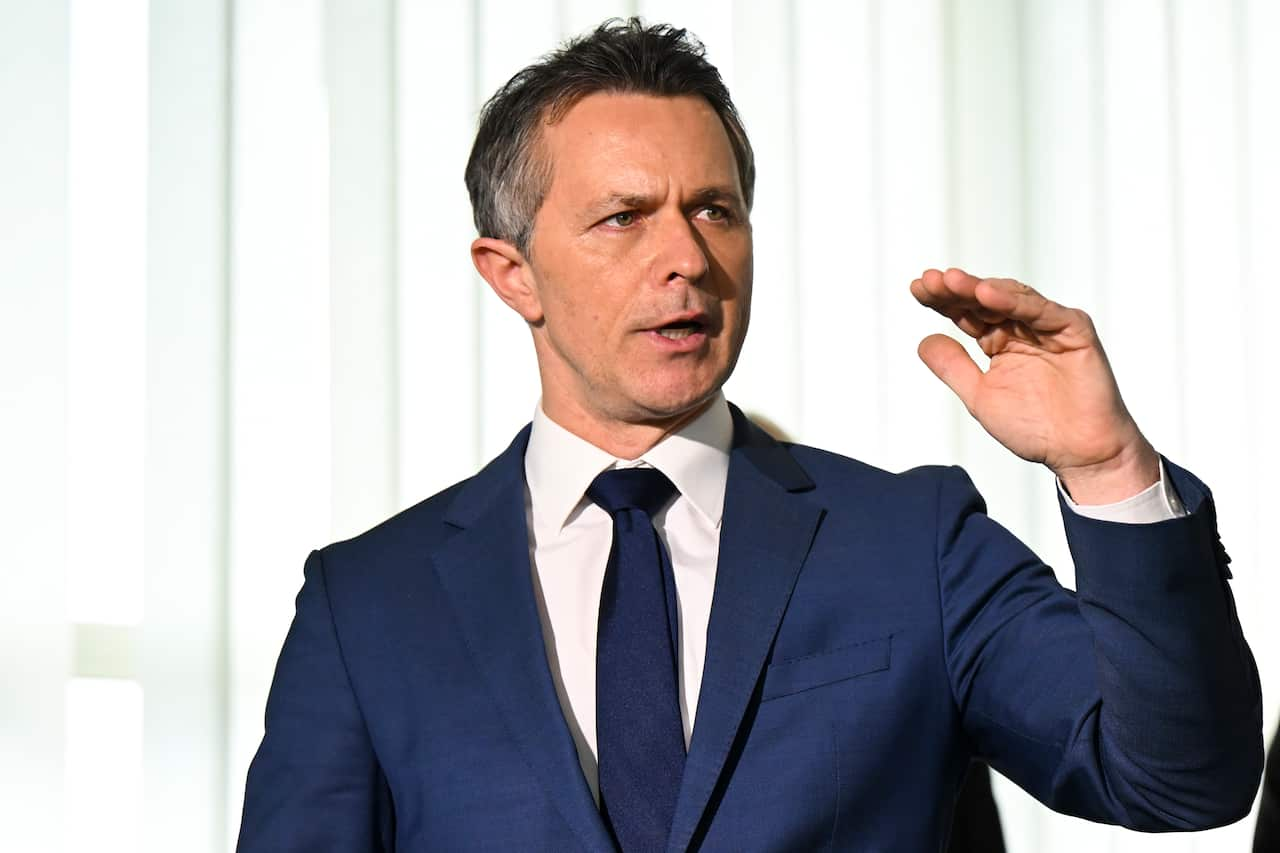A cap on the number of international students Australia accepts should be legislated with several amendments, according to a Senate committee, despite concerns from some education providers over the cap’s economic impact.
The Education and Employment Legislation Committee’s report on the Education Services for Overseas Students Amendment Bill, which assessed the, was tabled on Wednesday night.
It comes as the government looks to pare back student visas in an effort to return net overseas migration to pre-pandemic levels.
Among the recommendations from the Labor-led committee was an amendment to scrap a ministerial power to impose limits on universities and TAFE providers down to the level of individual courses.
In a dissenting report, the Greens took issue with other parts of the proposal, arguing Labor’s proposed cap shouldn’t be passed unless two parts of the bill are removed.
However, the Greens’ support may not be needed for legislation to pass the Senate, as the Opposition has expressed in-principle support for a cap on international student numbers.
What is the government proposing?
In August, the federal government announced that international student enrolments .
Of the 270,000 places, 145,000 would be enrolments at public universities and 95,000 would be foreign student commencements in the vocational education and training (VET) sector.
The remaining 30,000 places would be for other universities and providers.
Education Minister Jason Clare said in August that the changes would put the sector on a “more sustainable footing going forward”.
At that time Clare also announced plans to scrap ministerial direction 107, introduced in December last year, which created a priority framework for student visa approval decisions according to provider-level risk.
Education Minister Jason Clare announced proposed caps to international student enrolments in August. Source: AAP / Lukas Coch
The ministerial direction was an attempt to limit migration more broadly but Clare said it had created an inequitable system favouring some universities.
While the direction was “acting as a de facto limit‑setter” on the number of international students coming to Australia, “it’s a pretty blunt instrument”, he said at a press conference in late August.
“It’s meant that a few universities have got a lot more international students this year than they did last year.”
The Senate committee recommended the direction be revoked if the amended legislation passed parliament and received ‘royal assent’ — i.e. formal acceptance from the governor-general.
Warnings of cap’s economic impact
Some education providers have expressed concern that caps would lead to both job and revenue losses, while other experts have argued
The tertiary education sector has argued that cutting student numbers would result in .
It has argued this would hurt Australian tertiary institutions’ international reputation and place in global rankings,
International education is a vital source of funding for Australia’s universities, which collected around $8.6 billion from international students in 2022 — more than a quarter of their total revenue.
What has the Senate report recommended?
The committee acknowledged concerns raised by some education providers — particularly larger universities — regarding the proposed enrolment and course limits for international students.
It also noted concerns over the proposed automatic suspension and cancellation of courses that do not align with Australia’s skills needs.
However, it ultimately concluded that the international education sector “must be managed in a way that allows it to grow sustainably over time, delivers the greatest benefit to Australia, and maintains its social license from the Australian people”.
“The important measures in the bill are the next steps in strengthening Australia’s international education sector, protecting students from collusive and unscrupulous actors and giving education providers long-term certainty which will set up the sector for future success,” the report said.
“Accordingly, the committee recommends that the bill be passed.”
The Senate report offered a set of recommendations for the government to consider, including removing the education minister’s power to set course-level limits for universities and TAFE providers.
The legislation would still allow for different limits for regional and metropolitan campuses, and by sector, such as higher education and VET, the report’s authors wrote.
It also recommended enrolment-limit exemptions for specific classes of students, including citizens of certain countries.
A requirement for the minister to consult with Education Services for Overseas Students agencies and the immigration minister before setting limits — and with providers before setting future limits — was also recommended.
‘Riddled with incompetence, secrecy, unfairness’
While Coalition committee members reiterated previously expressed in-principle support for international student caps, they said Labor’s “student caps scheme is riddled with incompetence, secrecy, uncertainty and unfairness”.
“While the bill gives the minister the power to set total enrolment limits for each higher education and VET provider, which we support … we hold deep concerns about the lack of adequate safeguards to ensure such caps are allocated appropriately, fairly and in the national interest,” the senators wrote in the report’s additional comments.
Coalition senators also claimed Labor’s proposed caps would “favour Australia’s most prestigious universities” and expressed concern over what they said was “discriminatory treatment of private providers” and “unfair treatment of regional and mid-tier universities”.
In the Greens’ dissenting report, Senator Mehreen Faruqi said the bill should not be passed unless two parts — 7 and 8 — were removed.
These parts relate to proposed enrolment and course limits, as well as automatic suspension and cancellation of courses.
Faruqi claimed Labor’s bill “puts politics before policy”.
“Despite all the evidence provided of the flaws, gaping holes, inconsistencies, the lack of consultation and the damage this policy will do, the government is pushing ahead with strangling the higher education sector in their disgraceful attempt to achieve a migration outcome which has absolutely nothing to do with international education,” she said.
Independent senator David Pocock said the bill should not pass without “significant amendments” including “winding back, and putting guardrails around, the extraordinary powers this bill confers on the minister”.

